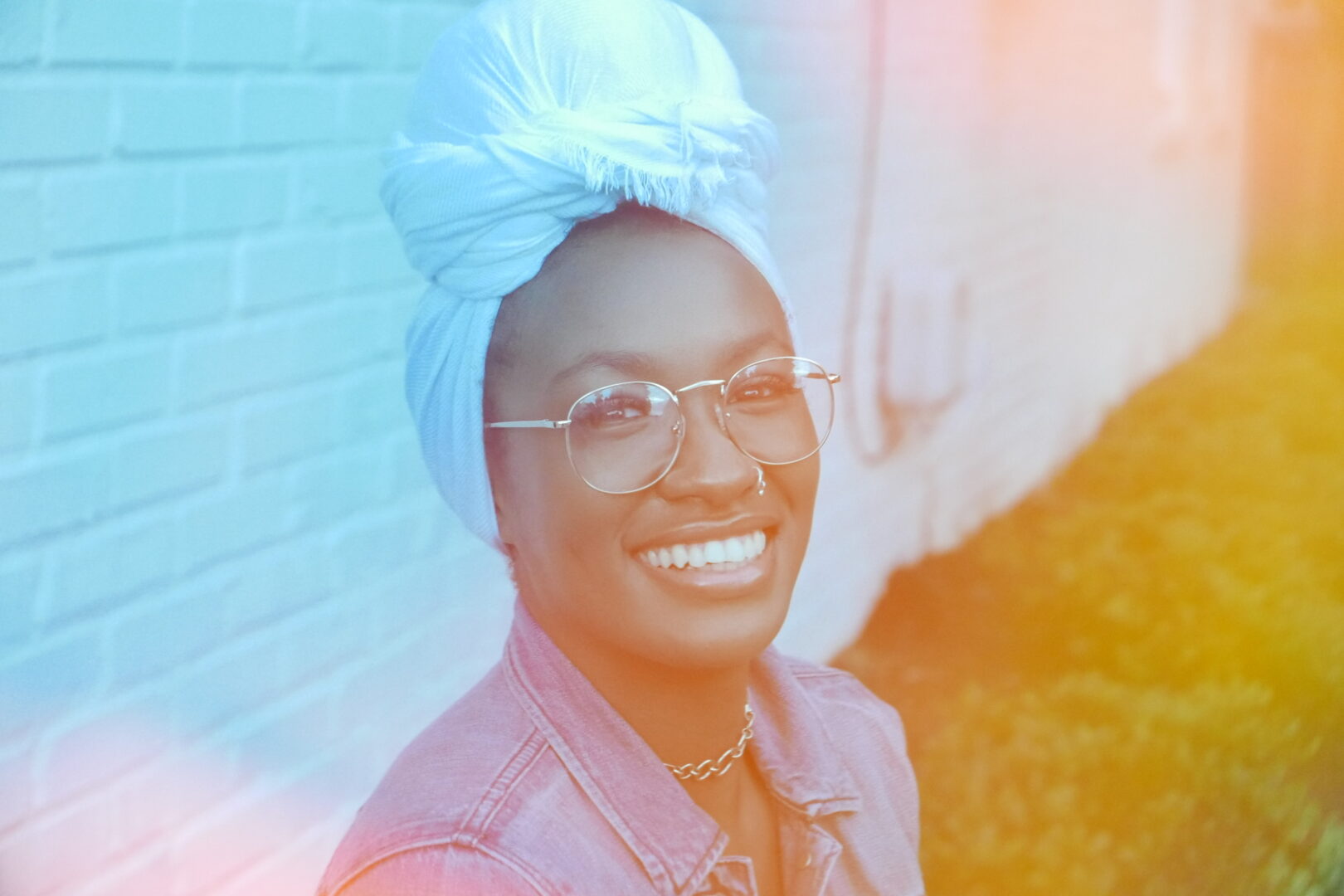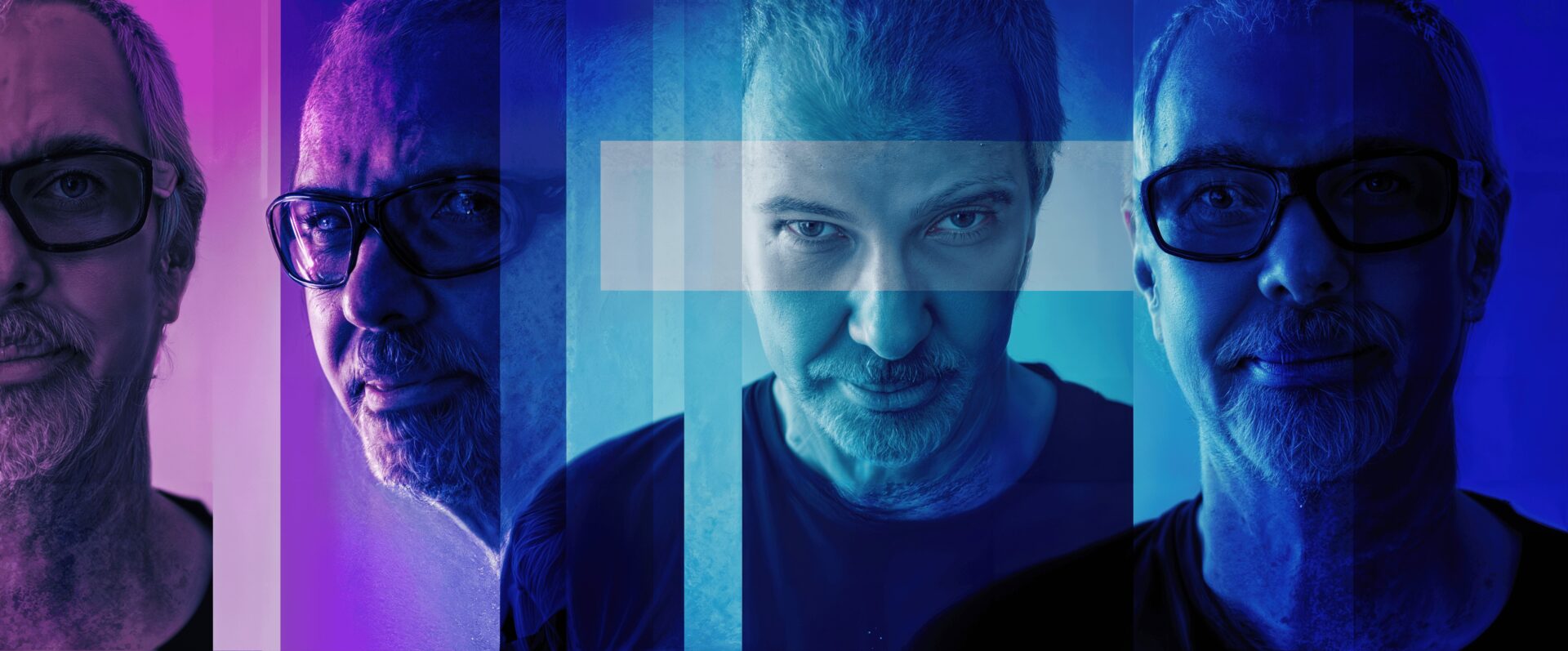Self-doubt and imposter syndrome have stopped far too many talented folks from going for their goals and reaching their true potential. Our hope is to host conversations that inspire folks to overcome imposter syndrome and help others as well.
Tyler Blair
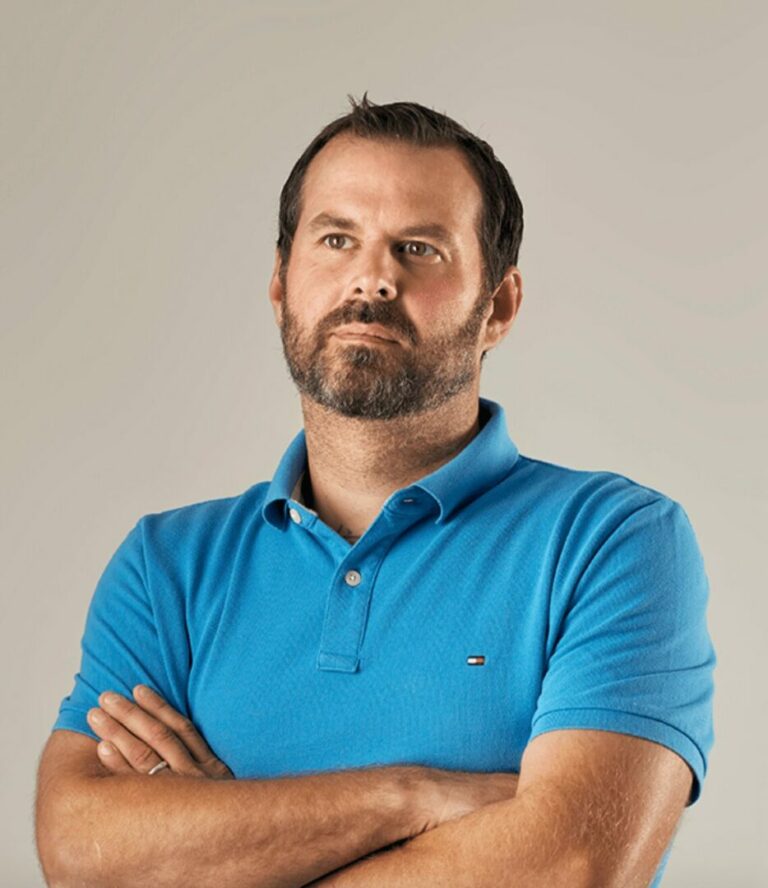
When I first joined Square Roots, a farming tech startup in Brooklyn, NY co-founded by Kimbal Musk, I was eager yet apprehensive. The company was preparing to launch a major partnership in the Midwest, and as part of my onboarding, I was sent to New York for an intensive, month-long training session. Read more>>
Jordan Walker
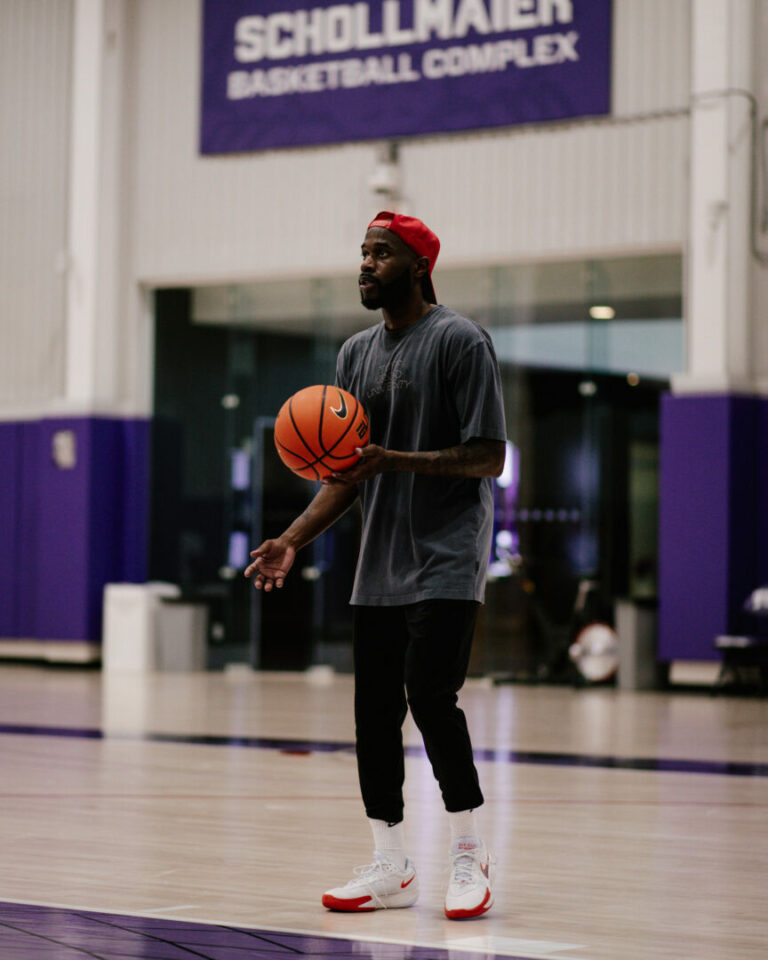
By staying authentic. I realized what works for me, and stuck with that . I never cared about blowing up on social media, or gaining clout . I genuinely just wanted to be considered one of the best at what I do, by the results of what I do. I think for me that just comes from how I was raised. Nobody I ever looked up to did the most. Read more>>
Michel Sabillon

Imposter syndrome is an entrepreneur’s worst enemy. The feeling that invades your mind that you don’t deserve where you’ve gotten to with so much effort, or that you’re not good enough, it’s heartbreaking to have your own mind be your enemy. But it’s nothing that can’t be overcome; your support group has a lot of influence in every moment where you doubt yourself, but above all you must create confidence and security in yourself and have faith in your venture, above all, give that 110% every day. Read more>>
Manisha Mehta

Being a Qualified Nutritionist, one thing I realised is that our conventional education doesn’t teach us how to monetize our knowledge infact it gets to a point that my profession is labelled a noble profession to the point that talking about money and earning a lot of money is a tabboo. Read more>>
Alicea Joy Davis

I had imposter syndrome BAD! I believe it was a worse case scenario. I was painting by the water in a park in my previous city, and this wealthy looking lady and her small son came by to watch me paint. They asked, “Are you an artist?” and I answered, “No.” THIS was while I was in the middle of one of the most beautiful paintings I sold that week from the riverfront. It took a while before I called myself an artist, about a month of selling pieces I came along. I was studying with masters at the time. These artist had already named me an artist along side with them, but I had to believe in the gift God had given me. I overcame with words of encouragement from artist, my husband and my family!…and sales, of course! All the work I am blessed with brings others feelings of emotional mending so my clients encouraged me the most!! Read more>>
Chloe Hannan
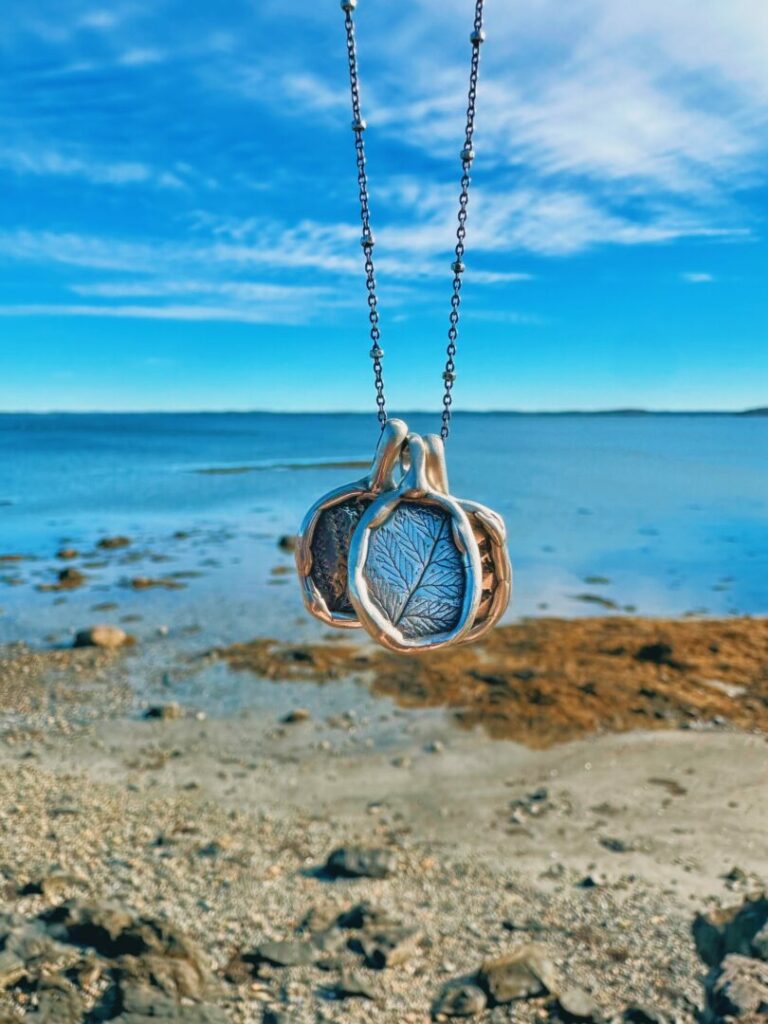
This is still a work in progress! I think it’s natural for everyone to feel imposter syndrome at times. For me, I’m a metalsmith, but it’s not my full-time job, and I don’t have any formal training in it. Because of that, I often catch myself comparing my work and progress to others’. In the age of social media, it’s so easy to fall into the comparison trap when you’re constantly seeing other people’s work. Read more>>
Nicole Weber
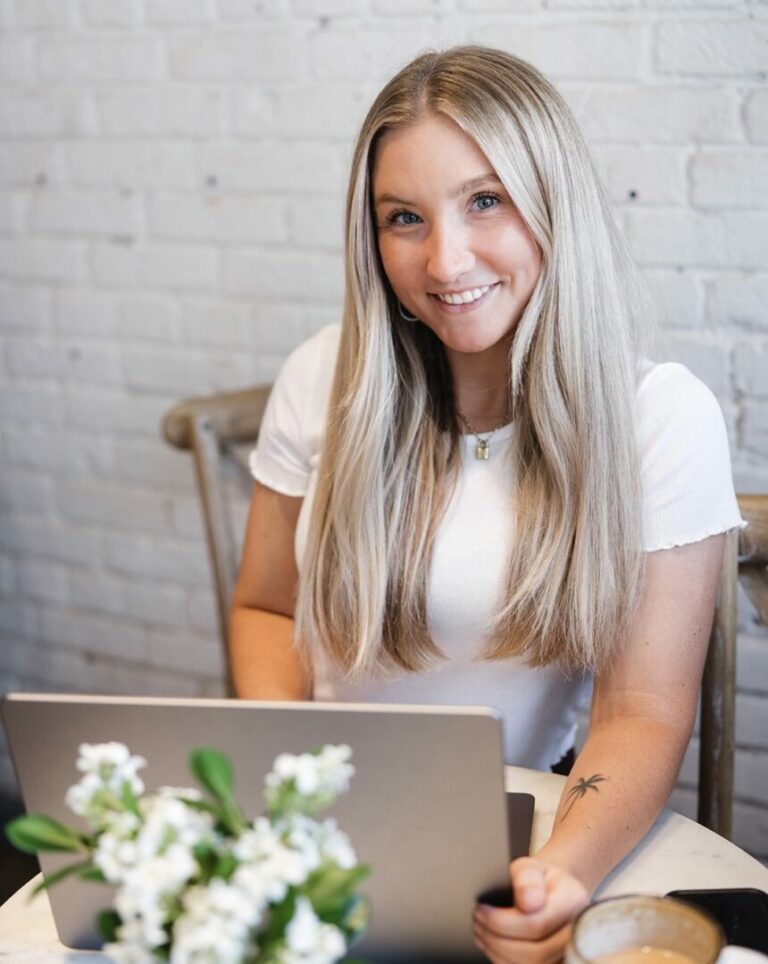
Imposter syndrome is real. As the founder and lead designer of Nicole Weber Design, I often catch myself wondering, “What did I do to deserve this?” Questions like, “Am I here because of luck?” can weigh on me. While I can’t say I’ve fully overcome these doubts, I’ve found ways to manage them. Leaving a steady desk job to pursue my design business full-time was a big leap. I started sharing my logo and brand design process on social media, and then one day, a video went viral. As clients started reaching out, I thought, “This is just luck and because the algorithm worked in my favor.” But over time, I realized it wasn’t just luck. I looked back and saw that my success was from persistence, motivation, and a strong work ethic. Viral videos may have been a spark, but they didn’t appear out of thin air—I’d shown up consistently and dedicated myself to improving. This realization has been a powerful way to manage self-doubt. Read more>>
Rex Lee

For me, my imposter syndrome took the form of a mantra: produce, produce, produce. If I wasn’t producing – whatever that meant – I was failing. Constant resume expansion was the goal. Act! Write! Create! Hold on tight to your cardinal rule, otherwise you’ll never outrun your shadow. If you don’t produce, if you give yourself a chance to breathe, you’ll relapse back to mediocrity – or so I thought. Read more>>
Melissa Velasco

As odd as this is going to sound, I don’t believe it’s time for me to overcome Imposter Syndrome yet. [Laughs] I view success as a progressive journey. One of my mottos is, “If there’s another step on this journey, then I’m mid-mission.” I’ve adopted a “long-term trajectory” mindset. Imposter Syndrome plays a productive part in my journey. Read more>>
Esther Haltom

Imposter syndrome once felt like a weight holding me back. Despite my years of training and accomplishments, I sometimes felt like I truly did not belonged to why community. I realized imposter syndrome was a reflection of my inner fears of rejection. I started acknowledging my achievements, no matter the size and reminded myself I have achieved my success through years of dedication, skill and training. It has also helped to surround myself with supportive peers and mentors. The biggest breakthrough has come with stepping into new challenges and embracing challenging opportunities. Today I feel more confident owning my space and embracing the journey. Read more>>
Nathanael Nunemaker

Honestly, I still struggle with imposter syndrome from time to time, but I have made significant progress. When I was deeply affected by imposter syndrome, I didn’t let it hold me back from moving forward. While I didn’t completely ignore it, I also didn’t let it stop me. Over time, as I made progress little by little, I began to build confidence in my abilities and skills. If I ever find myself questioning whether I’m cut out to run a business, I reflect on my past wins, which remind me that I am capable. Read more>>
Robyn Beck
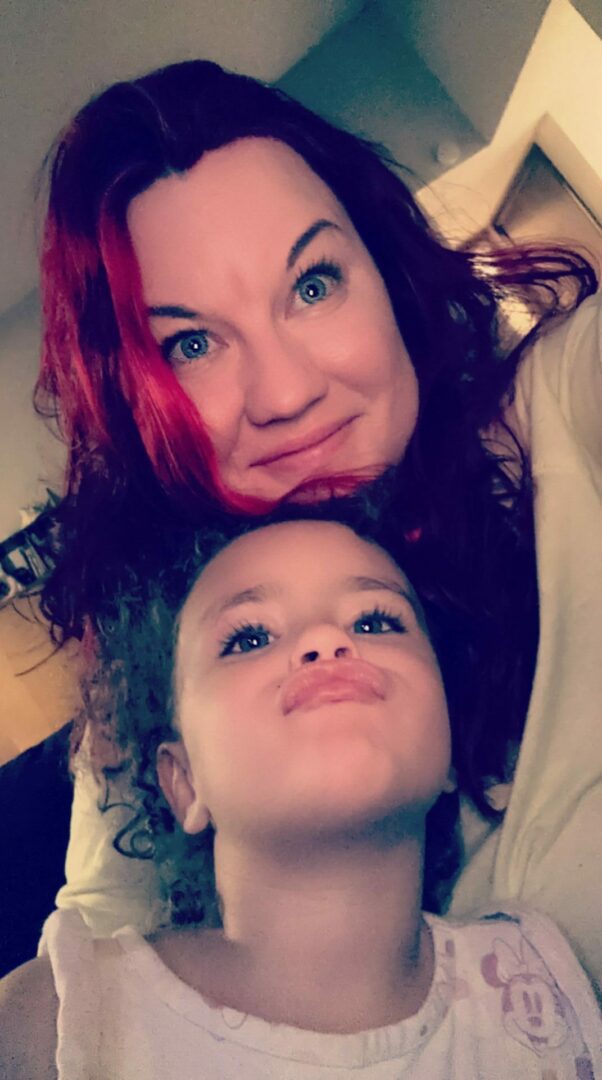
When I first considered starting my own firm, I was overwhelmed by self-doubt. Despite being an Enrolled Agent (EA), I didn’t have a traditional degree, and I felt underqualified to run a successful tax accounting, and advisory firm. Everyone around me seemed to have more formal credentials, and I couldn’t shake the feeling that I wasn’t “enough” to be an entrepreneur. Read more>>
Jonah Belle

I used to think I wasn’t enough—that my gifts, my work, and even my story weren’t worthy of sharing. Imposter syndrome had its claws in me, whispering that I was just making it up, that my experiences weren’t valid, and that someone else could do it better. For a long time, I believed it. I let it guide me into playing small, dimming my light, and second-guessing every move. Read more>>
Vitali Zahharov

Imposter syndrome is something I still grapple with from time to time. The way I deal with it is by channeling that energy into consistent hard work. Whenever I feel doubt creeping in, I remind myself that competence comes from action, not overthinking. If I have free time, I spend it working—not because I want to avoid relaxation, but because I genuinely believe that every hour of focused effort brings me closer to mastering my craft. Read more>>
Ja’cee
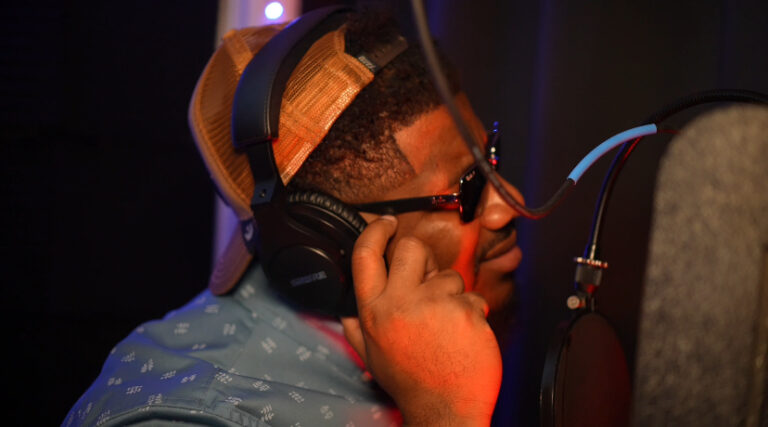
That’s an interesting question because when I first began my musical journey I indeed felt like an imposter. Things happened fairly fast for me and I kind of “skipped the line” per se. At times I would think about all of the artists that have been doing this for many more years than me that haven’t had the opportunities that I have been afforded so far on this journey. I recently got to the point after reflecting and just settled in on the phrase “What God has for me is for me.” The music business is an interesting beast and no one knows who or what fans will flock to. I’m just grateful for the family, friends, and fans that have supported me so far. Read more>>
Matthew Brewbaker

I can still remember the first time I drove a car at sixteen, absolutely convinced that every other driver on the road could sense my inexperience. While today I drive without feeling any inkling of inferiority, that distinct feeling of being a fraud never really goes away as you get older and more experienced, it just finds new places to perch. These days it shows up when I have my scripts read for feedback, when I’m at networking events, when I’m pitching to investors, when I’m on set, or more recently when I’m navigating game developer conferences and meeting people more knowledgeable and talented than me. Read more>>
Autumn Denae
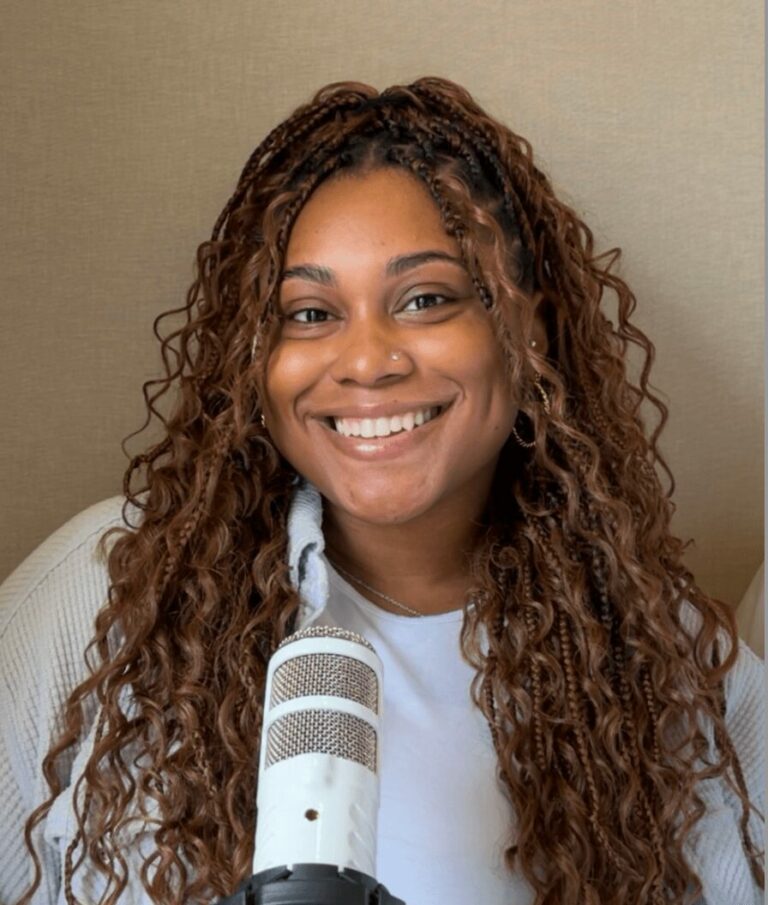
Despite what our society wants us to believe, what I know to be true, is that imposter syndrome is an inside job. There’s no amount of certifications, degrees, or checks on your imaginary list of qualifications that will make you feel as qualified as deciding to own your expertise and qualify your damn self. When I first entered the coaching space and the entrepreneurial world, I was SO afraid to own my expertise, and even call myself a “coach” or “mentor,” because I didn’t fully believe in myself or in what I was promising people I could help them do. Read more>>
Laura Anderson

Imposter syndrome can be a persistent challenge, often resurfacing just when you feel you’ve moved beyond it. A powerful reminder during these times is that self-doubt often signals growth. Feeling uncomfortable or uncertain isn’t a sign of failure; rather, it’s a sign that you’re stepping into new territory, stretching your boundaries, and reaching new levels. By embracing this perspective, you can view imposter syndrome as a marker of your journey toward personal and professional evolution. Read more>>
Lynn Donovan
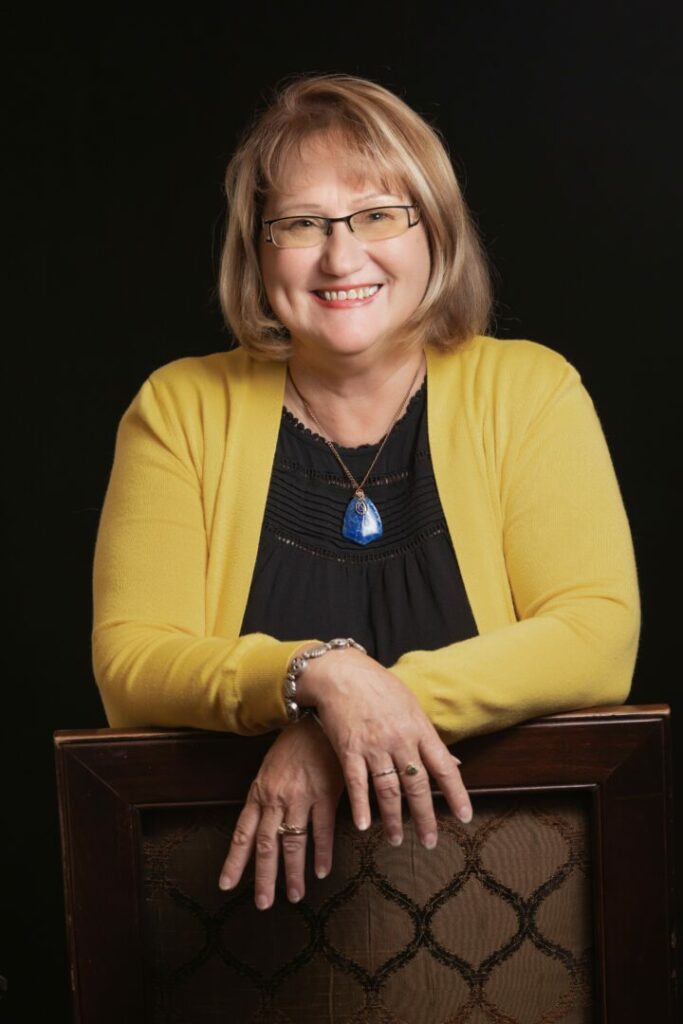
This question makes me giggle. As an author or a creative, I imagine we all have to overcome imposter syndrome. Sometimes, we have to overcome it every day. Other times, we only have to overcome it occasionally. But it will hit you when you least expect it. Imposter syndrome happens when we step out of our comfort zone and choose to try something different or new. While I know I’m pretty good at what I do, in my case to write an interesting story, when I choose to write in a different genre or time frame, I feel scared I’m not good enough. How I overcome– is I call a trusted friend and I confess I’m having these feelings and we talk it out until we are laughing at how silly it was of me to think I could not do anything I set my mind to. Then I move ahead. Read more>>
Erin Norris
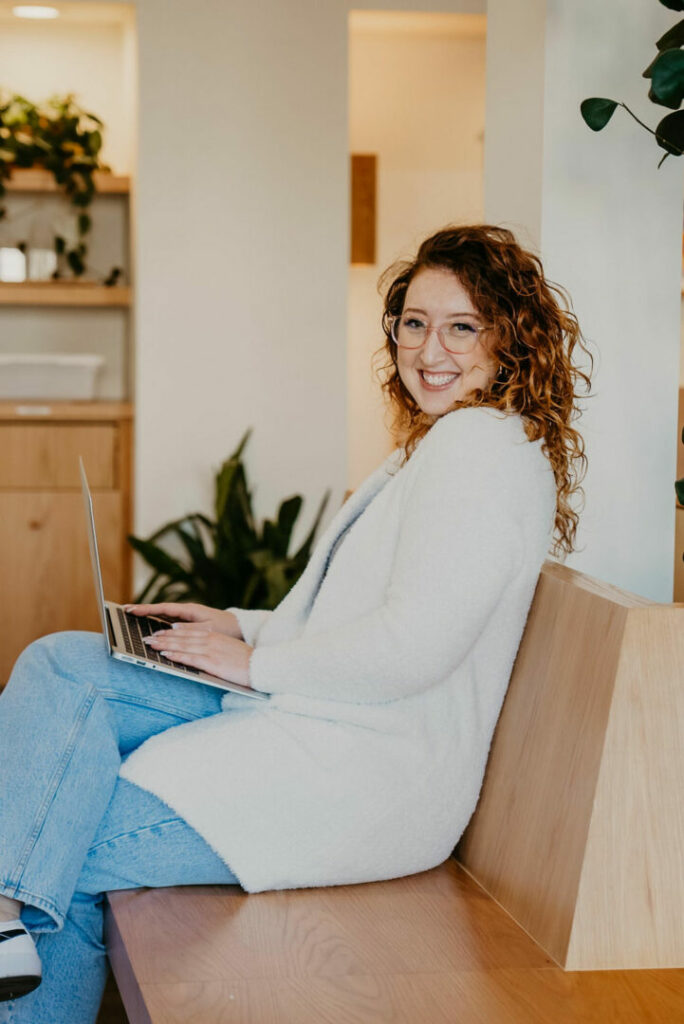
I didn’t, I made friends with it. I don’t believe that imposter syndrome ever fully disappears; instead, I’ve learned to coexist with it. I approach it like an unexpected companion, recognizing that sometimes it’s just fear or self-doubt dressed up in new, fancier terms. Rather than ignoring that inner voice, I try to understand it, using it as a guide to build skills like resilience. When imposter thoughts arise, I ask myself what’s triggering the fear, take practical steps to ground myself, and remind myself that confidence grows through action. Read more>>
Lura Caillouet
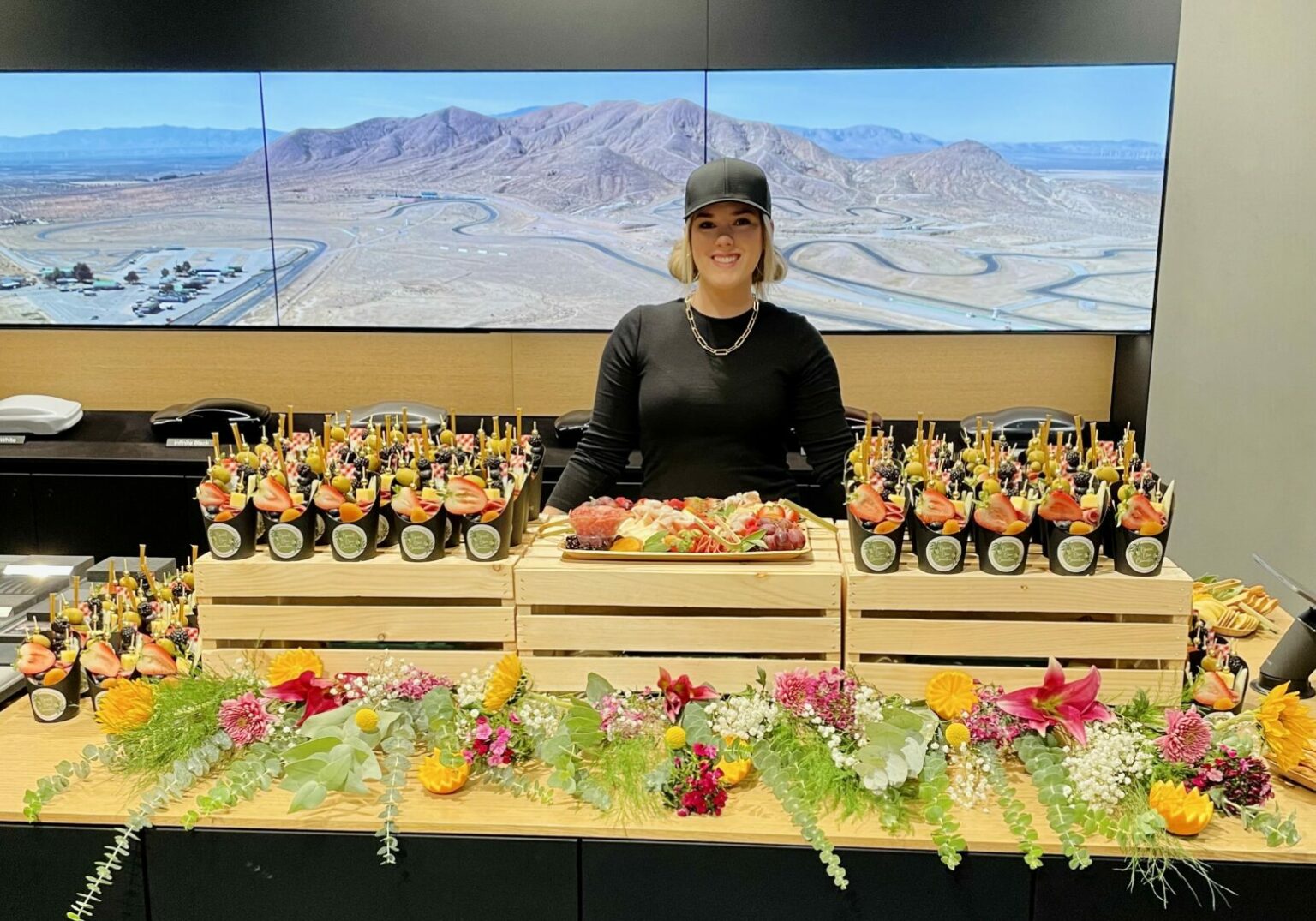
I love this question because I think a lot people deal with imposter syndrome, but it isn’t widely talked about. I remember when I first Iaunched Opulent Olive and I felt this giant rush of excitement that quickly turned into a giant rush of “who do I think I am,” and it was almost debilitating. These feelings of “I’m not good enough,” “I don’t know what I’m doing,” and “no one will buy into this” were overwhelming to say the least. Read more>>
Chalice @imchalice
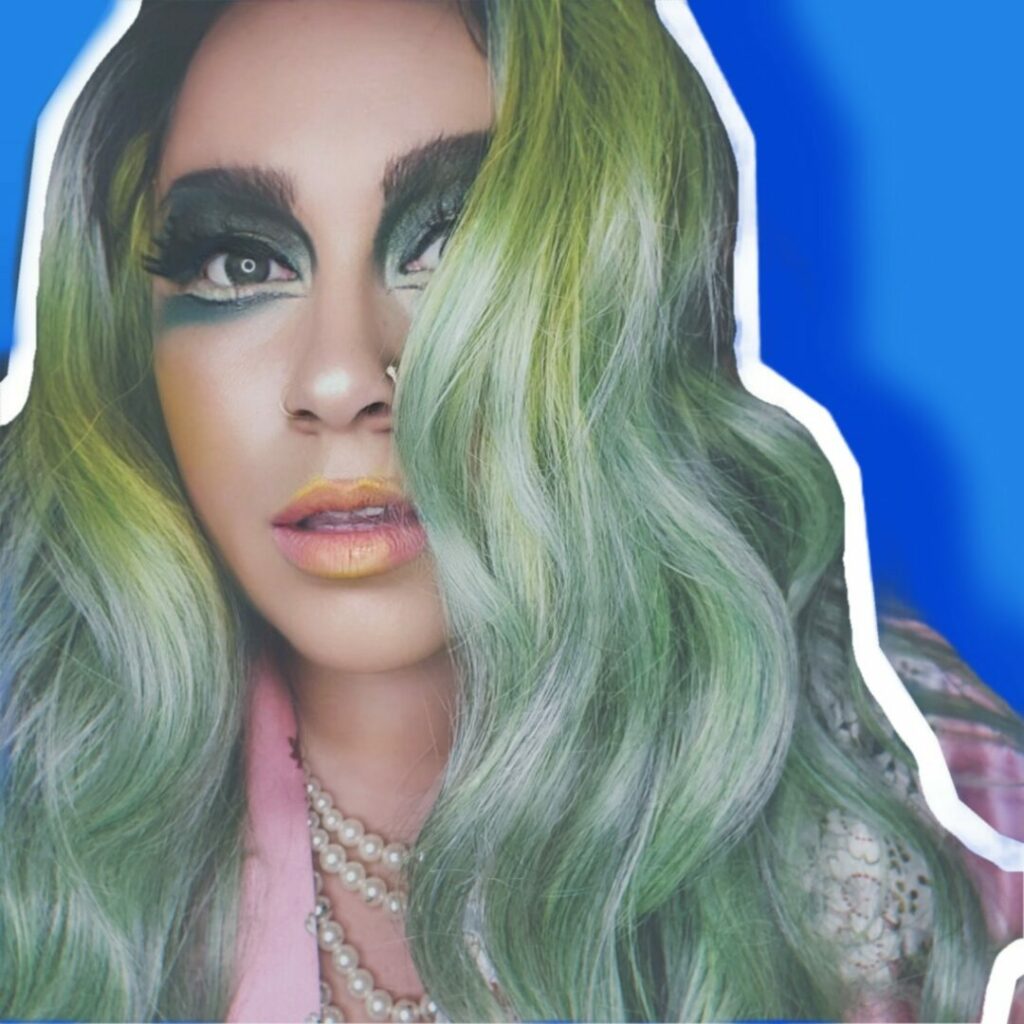
Honestly, I haven’t overcome imposter syndrome. It’s an internal tug-of-war between different versions of myself. There’s the meek one, crippled by comparison and self-doubt, wondering if I’m worthy or qualified. Then there’s the rationalizer, telling me if I wasn’t meant to be here, I wouldn’t be. I teeter between certainty and fear. But then, the confident one screams, ‘I run this s***!’ Read more>>
Kelsey Schwartz
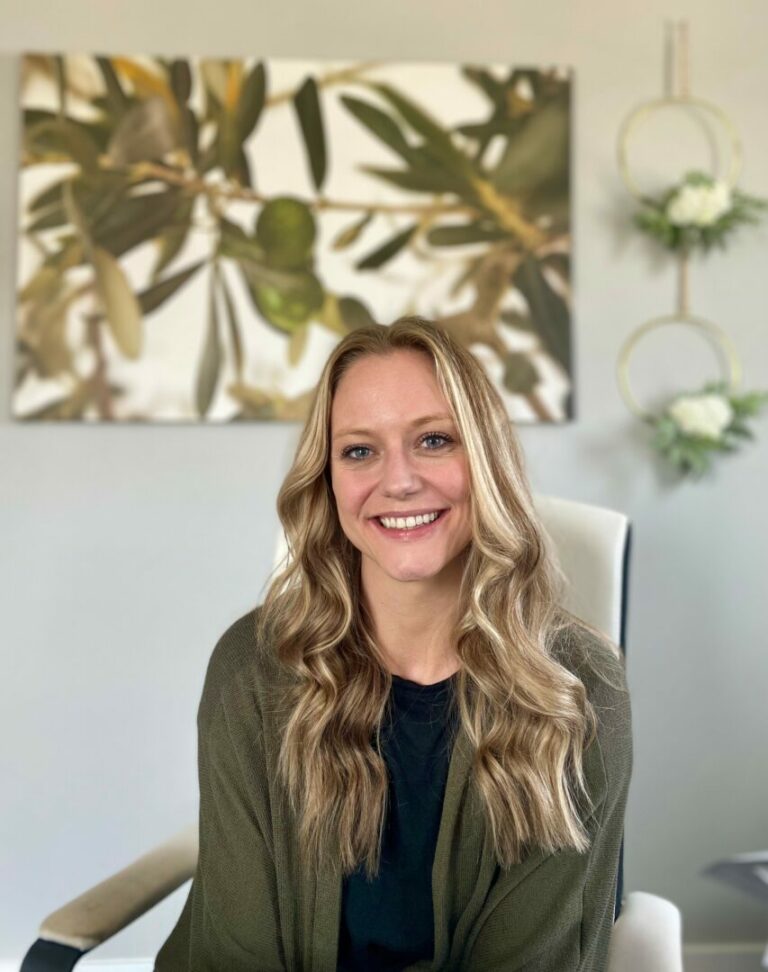
It is really difficult to overcome imposter syndrome, but I believe I am finally at that place after being in the mental health field for 8 years. I had to recognize that most people didn’t go to school for what I went for, and don’t have the experience or knowledge that I do. Once I started recognizing that I know a lot more than I give myself credit for, then feeling competent started to get a little easier. I also was able to see others and how they started to get better in therapy with me, and that gave me a sense of pride and confidence that maybe I did know what I was doing! Read more>>
D. Elliot Woods
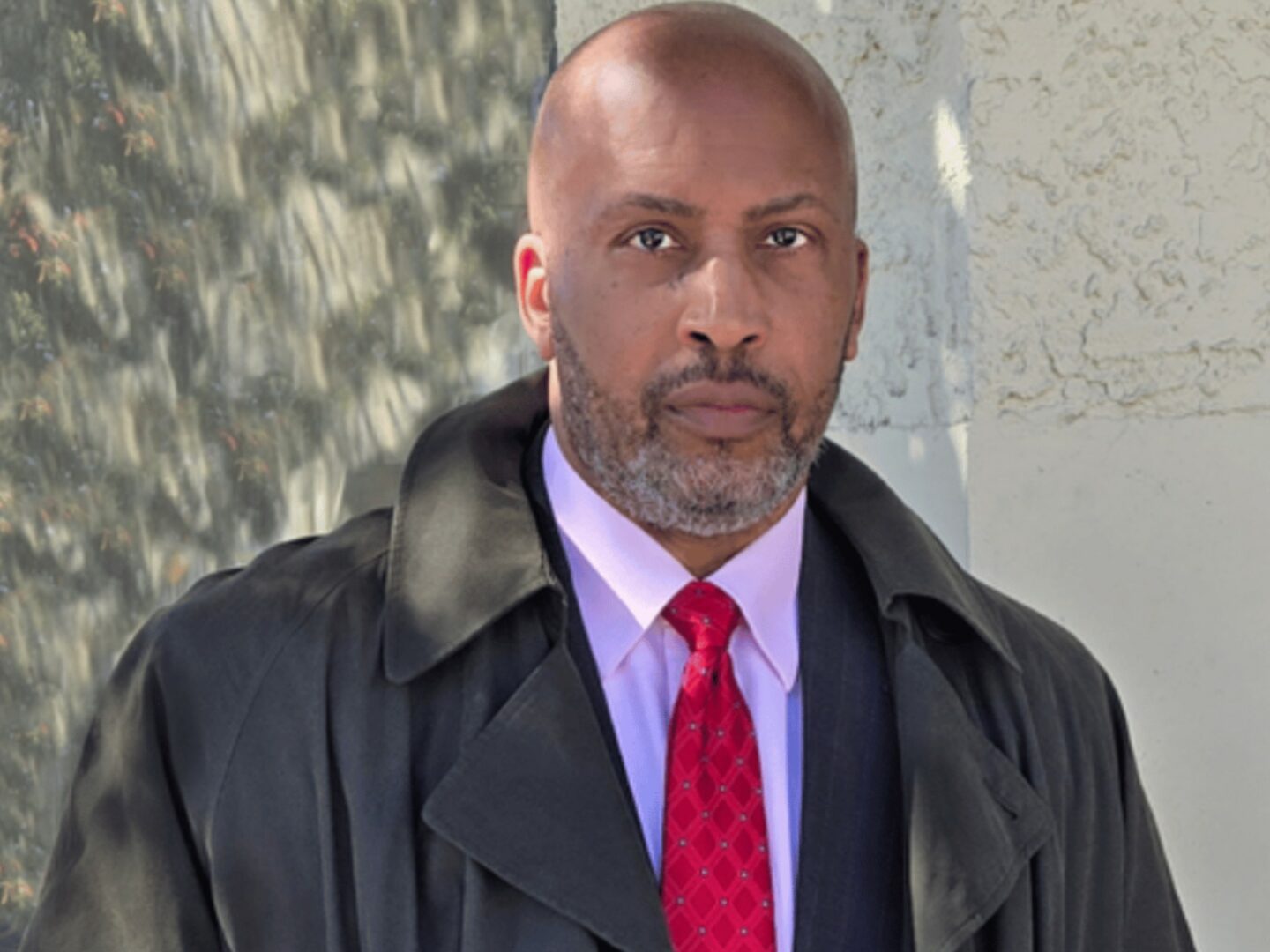
Wow… Great question. It was a helluva process and a tough journey that was, ultimately, SO worth the time & effort. I think we’re all motivated to ‘fit in’ and not be the ‘odd person out’ (in our peer group) from an early age. But our innate differences & upbringings make that goal pretty much impossible. In my case, honest reflection of past events – in my various circle(s) of friends, academics, sports, business and later, Acting & Writing – coupled with reading uplifting material, watching the journeys of countless heroes in movies & TV shows and just desiring inner peace… it finally occurred to me that I WAS enough… and I always had been. Read more>>
Isaiah Seward
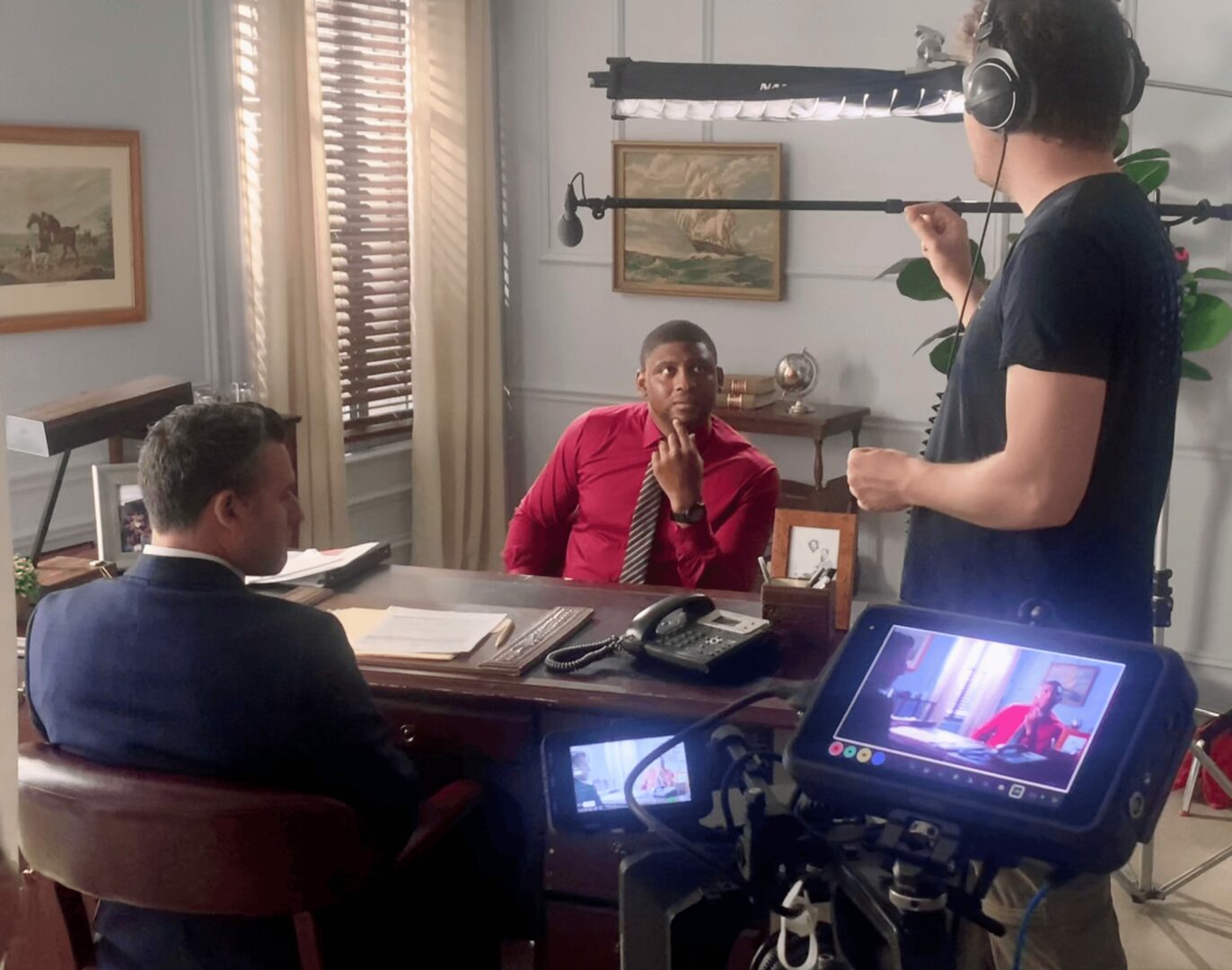
I think everyone suffers from imposter syndrome at one point or another and I’m not an exception. There were friends and colleagues that helped steer me away from that type of thinking. But ultimately, it was the belief that everything happens for a reason that helped the most. If everything happens for a reason then it means I’m supposed to be here and I belong. The work, preparation, and time spent all prepare you to be places you’d never think you’d be and your job is to accept it gracefully and gratefully. Understanding that you deserve it but keeping yourself grounded is the key. Read more>>
Alice Nova
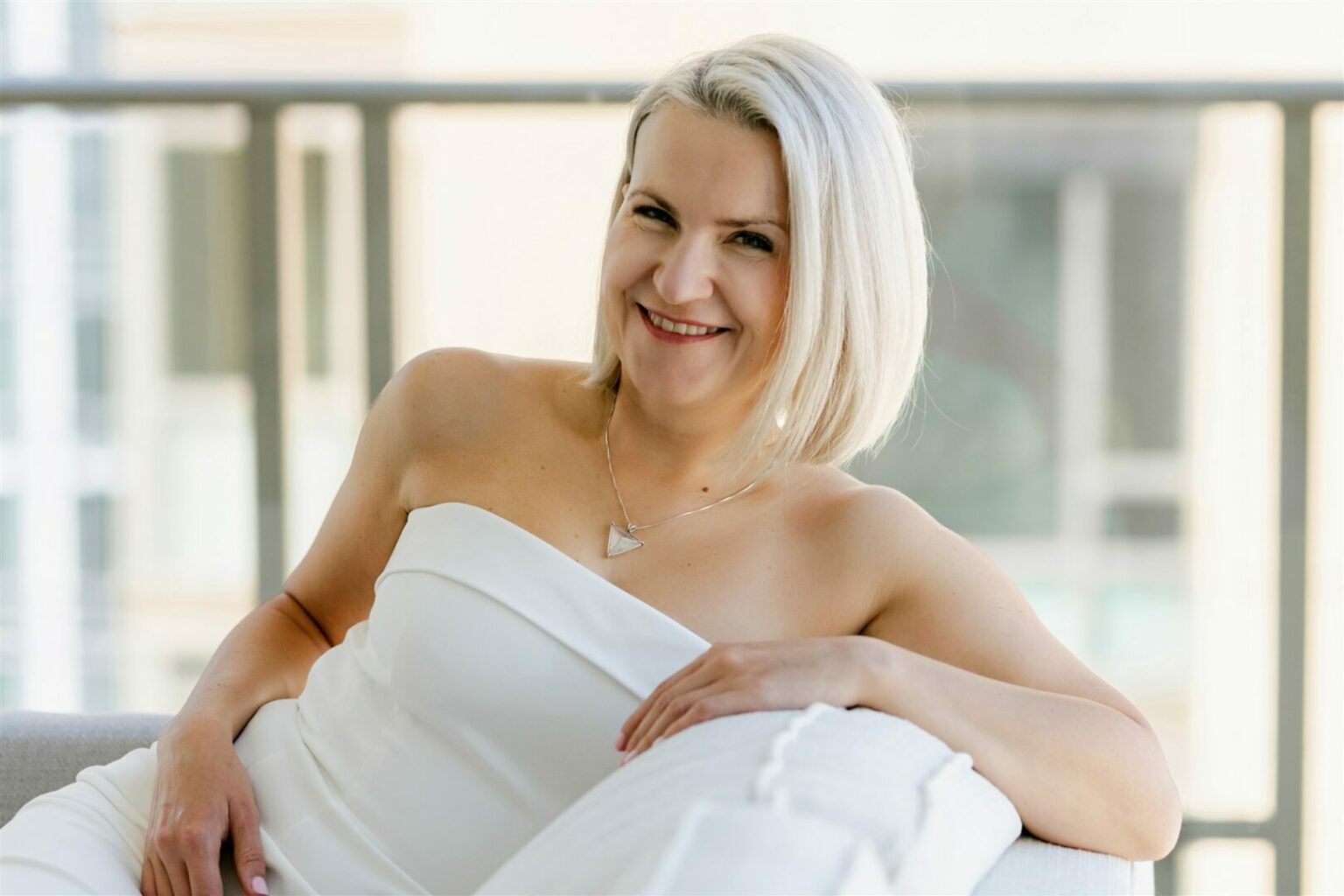
Honestly, overcoming imposter syndrome was an uphill battle for me. For years, I’d power through the doubts and limiting beliefs, and they’d quiet down for a bit. But the moment I was on the verge of something new, they’d pop right back up, ready to undermine me. It felt like this never-ending cycle of making progress and then getting pulled back. Read more>>
Jackilyn Garces, Ms, Rmhci

Overcoming imposter syndrome is an ongoing process—a continuous commitment to honoring yourself and your strengths. I can’t tell you how many times I’ve felt inadequate or like I wasn’t good enough, especially as a new therapist fresh out of graduate school. But here’s what’s worked for me: having a solid support system. Your tribe—the people who genuinely cheer you on, recognize your talents, and remind you that you are enough—can make all the difference. They help you see what you bring to the table, even when self-doubt clouds your vision. Read more>>
Gino Romero
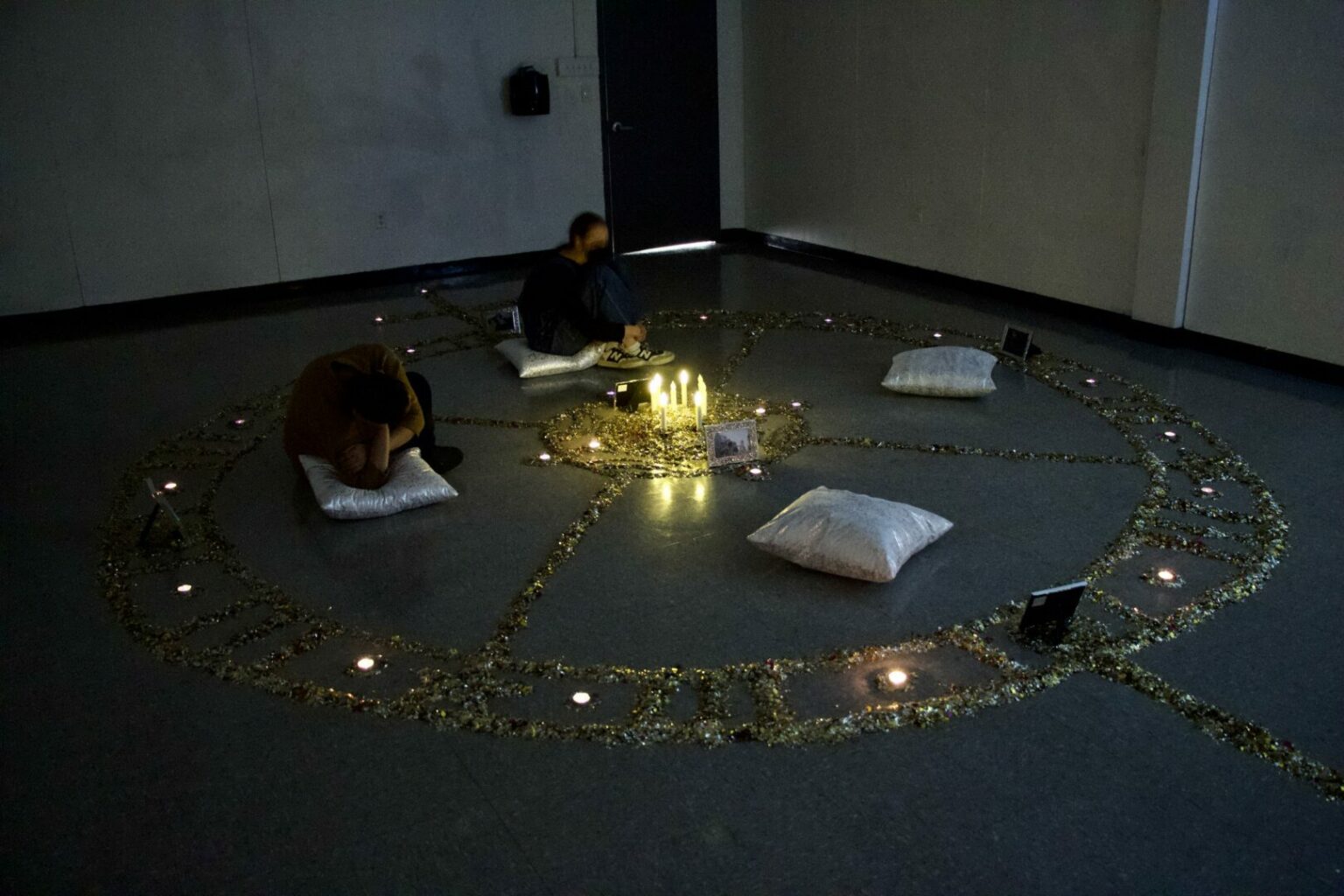
When I was first starting out, I felt really out of place. Making the shift to talking about my artwork like a professional felt weird and forced, but I just pressed through and pretended like I’ve been doing this for years. I treated it like a drag persona and that helped me find my voice when talking about my work. During my MFA, I worked with a lot of artists who had very impressive careers and there were points were I felt intimidated and out of place, because I had made the transition into the arts later in my undergraduate degree. When I got to talk to them, I realized that the only difference between us was time. People will believe in your work as much as you do, so own it and be proud of it! Even if you feel you still have some growing to do, hold yourself like a professional and sooner or later, it stops feeling forced and a lot more natural. Read more>>
Daisy Forester

I consider myself very fortunate in that I’ve never doubted my identity as a musician. Some of my earliest memories are toddling around my parents’ garden, making up songs and melodies about the flowers and bugs and natural phenomena I observed around me. Though being a musician is an essential and immovable aspect of my identity, becoming a professional musician and creating a career around music has placed me in many contexts and environments that deeply challenge and often reject my presence as a musician. At shows, I’m regularly told that the green rooms are for “musicians only” and that “girlfriends and fans aren’t allowed backstage”, where other artists and venue managers assume that my femininity relegates me to the status of a music patron at best. In collaborative spaces my artistic and creative contributions are sidelined and often simply ignored, and I have to navigate uncomfortable and unnecessary power struggles to have my voice heard. Read more>>
Anda Stafa

My multi-imposter syndrome crept in during college when I realized I wanted to pursue multiple passions – marketing, acting, and photography – rather than following a singular path. With that goal in mind, I began to feel like a fraud for spreading myself thin across different branches. Read more>>
Betty Oladimeji

Overcoming imposter syndrome has been a journey of learning to trust my vision. In the beginning, I struggled with doubts about my ability to lead and bring my creative ideas to life. I often questioned if I was truly adding value, especially since I didn’t design or create the jewelry myself. But as I focused on the value I bring through curation, I realized that every piece I chose, and every collection we released, was helping people express their style and find meaningful connections through jewelry. Read more>>
Vincent Doa
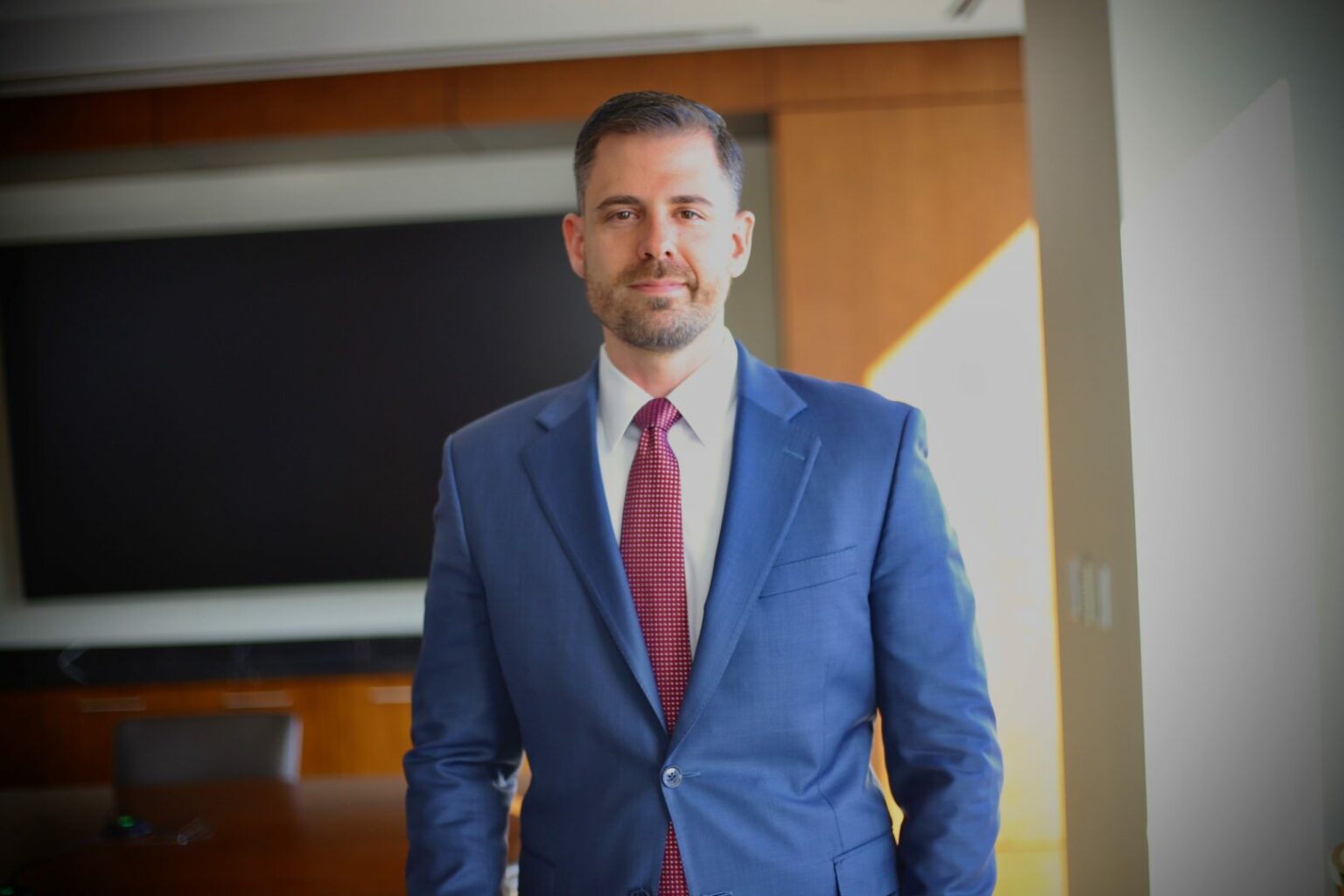
I’ve come to learn that imposter syndrome doesn’t just disappear. I don’t think it ever truly goes away. There are still moments when I find myself in a room filled with some of the most successful people in my industry, and I can’t help but think to myself, “I don’t belong here.” Or, “I’m in way over my head.” But here’s the thing: over time, I’ve learned that these feelings are far more common than I thought. Everyone—no matter how accomplished—feels that way sometimes. It’s humbling, yes. But that humility, I’ve found, is what keeps us grounded. Read more>>
Annie Bou
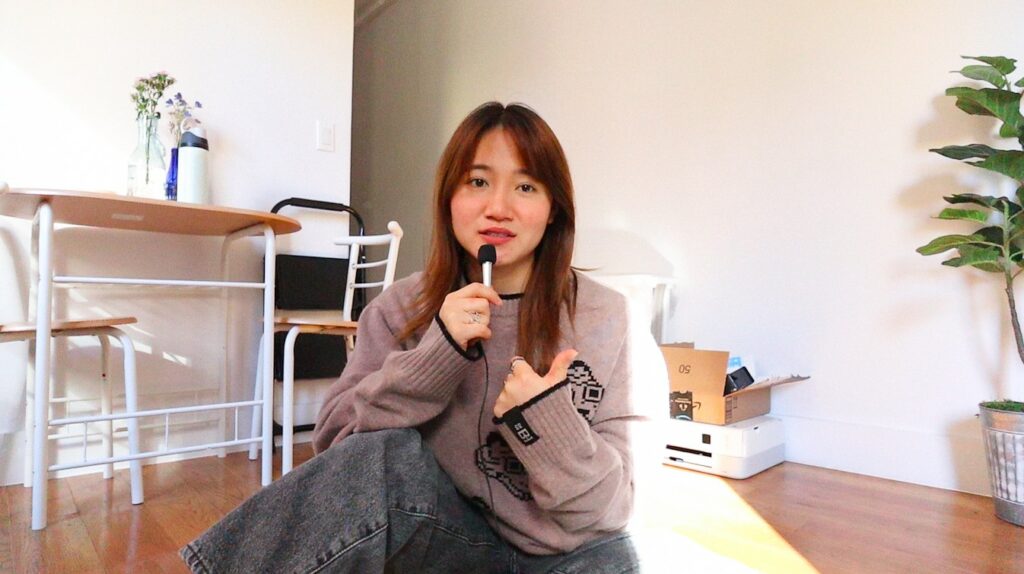
I know this isn’t the answer people want to hear, but I do what I do with imposter syndrome. With any project and goal I have worked towards throughout my life, at the moment it is becoming a successful content creator and tattoo artist, I have been detached from the work I do. When I say detached, I mean I will finish a tattoo piece for a client or a post another video for the week, and I find it hard to come to terms with the fact that I had done it. Read more>>
Angie Nasca

Overcoming impostor syndrome hasn’t been easy, and to be honest, it’s something I still deal with from time to time. Having moved across the country and leaving school for this job, I often felt like I didn’t have enough experience to deserve my position. I couldn’t help but compare myself to my coworkers, which only made my impostor syndrome grow more and more. On top of that, the pressures of social media didn’t help much in taming those insecurities. Scrolling through Instagram and seeing so many talented artists thrive in their careers made me feel like I didn’t deserve the following I had built; I kept thinking they were way more skilled than I was. Read more>>
Helenya Apostolou

Imposter Syndrome is the most bizarre feeling. hear so much about it and understand what it is – but that is very different to experiencing it. The worst instance of imposter syndrome that I have endured was 3 days before my solo exhibition, ‘Triple Vision’. As the opening date approached I became certain that my weeks, months and years of hard-work meant nothing, and I had no reason to be sharing it with the world. I was completely convinced that my friends and family had been lying to me throughout my early career, and that in reality, my work was embarrassingly childish and downright terrible. Read more>>
Marcus Mcduffie
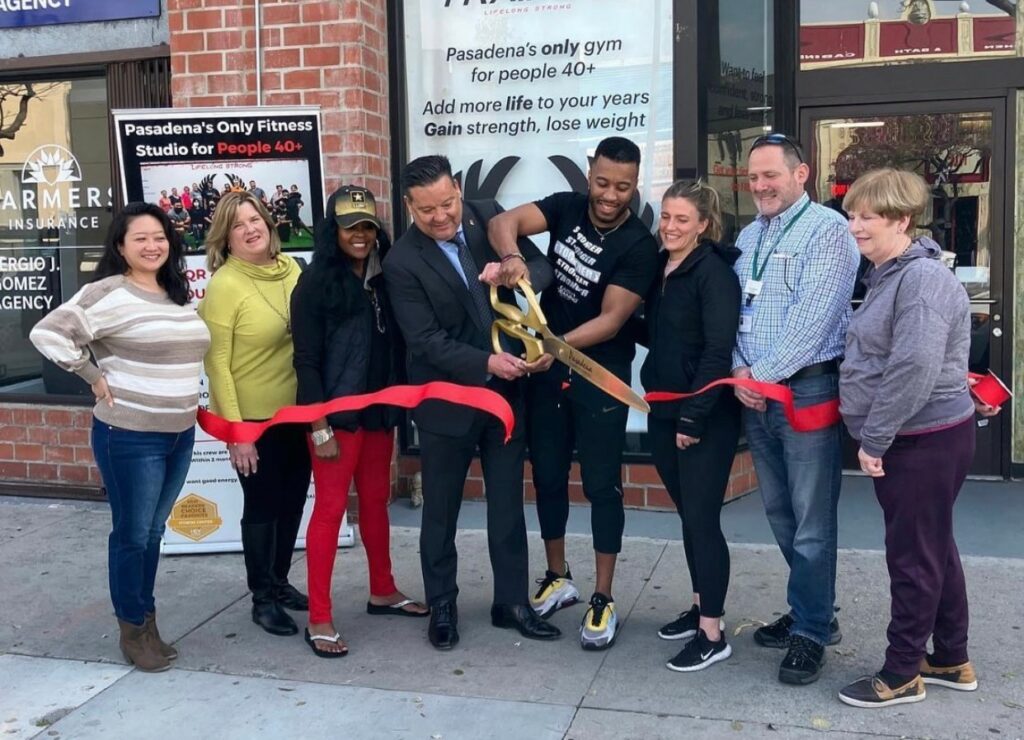
Imposter syndrome has shown up for me at different stages of my journey, especially when I transitioned from being someone who sought community in the gym to building one of my own. The biggest challenge was feeling like I wasn’t qualified enough or like I had to hit some arbitrary level of perfection before I could lead and inspire others. Read more>>









